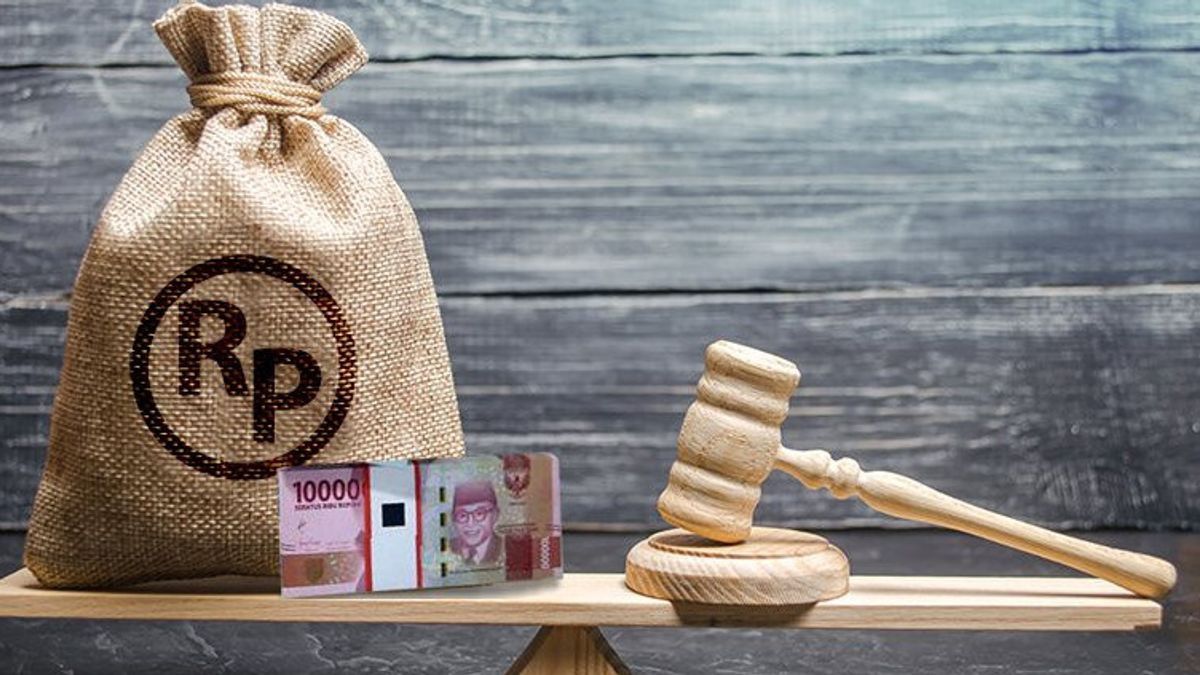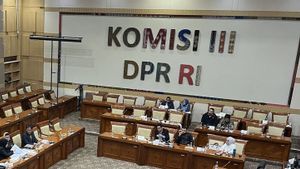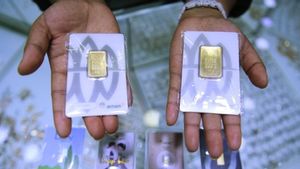YOGYAKARTA Did you know that gratification received by Civil Servants or State Administrators must be reported to the Corruption Eradication Commission (KPK) as an institution authorized to eradicate corruption. However, there are types of gratuities that are not required to be reported to the KPK so that recipients do not need to worry about dealing with the law.
In the Big Indonesian Dictionary (KBBI), gratification is interpreted as giving because of the services or benefits obtained. The forms of gratuities also vary from money, goods, discounts, commissions, non-interest loans, tickets, lodging, and many more.
Gratification is included in a criminal act of corruption that can be threatened with criminal law as regulated in the Corruption Eradication Law (UU Corruption). However, recipients of gratuities are not considered a criminal act if the recipient reports gifts that are included in the gratification category to the KPK no later than 30 working days are calculated from the receipt of gratuities, as explained in Article 12 C of the Anti-Corruption Law.
It is called gratification if the goods received are related to positions, and acceptance is prohibited by applicable regulations, are contrary to the code of ethics, and there are conflicts of interest or inappropriate / unnatural acceptance.
However, not all gratuities must be reported to the KPK. Recipients, in this case, Civil Servants or State Administrators, may receive gratuities of certain criteria, namely as follows, quoted from the booklet Knowing Gratification of KPK releases.
Regarding the type of gratification that is not mandatory to be reported, visit VOI.ID to get other interesting information.
The English, Chinese, Japanese, Arabic, and French versions are automatically generated by the AI. So there may still be inaccuracies in translating, please always see Indonesian as our main language. (system supported by DigitalSiber.id)













